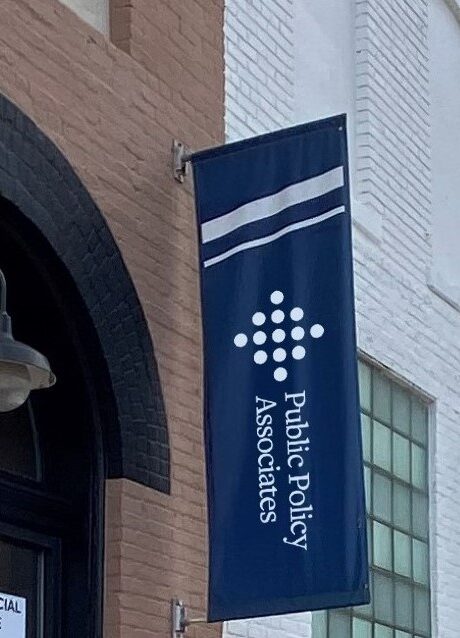 The state of Michigan is facing an educator talent crisis exemplified by thousands of experienced educators leaving the profession each year with too few aspiring and early-career educators lining up to replace them. To begin addressing the crisis, Public Policy Associates, Inc. (PPA) partnered with the Michigan Education Association, AFT Michigan, and the Middle Cities Education Association to host a series of educator workforce solution summits designed to collect ideas on how best to recruit and retain educators in Michigan.
The state of Michigan is facing an educator talent crisis exemplified by thousands of experienced educators leaving the profession each year with too few aspiring and early-career educators lining up to replace them. To begin addressing the crisis, Public Policy Associates, Inc. (PPA) partnered with the Michigan Education Association, AFT Michigan, and the Middle Cities Education Association to host a series of educator workforce solution summits designed to collect ideas on how best to recruit and retain educators in Michigan.
The small group discussions were held in response to a 2019 educator survey conducted by Launch Michigan, which identified several problems facing the profession. The summits—five in-person and one online—solicited specific solutions from educators across the state, including input from current teachers and administrators, education support professionals, educator preparation professionals from colleges and universities, and the important voices of aspiring educators.
This week, PPA released a report, Examining Michigan’s Education Workforce: How to Address the Talent Shortage Facing Michigan’s Schools, which summarizes findings from the summits across three key areas: (1) recruiting more aspiring educators, (2) retaining our current educators, and (3) diversifying the profession. In all, educators from the summits identified more than 300 unique ideas that have been distilled into 10 concepts for policymakers and education leaders to consider.
PPA’s report has generated widespread media discussion across the state. Read coverage from Bridge magazine, MLive, ChalkBeat, and an op-ed by Michigan Education Associate President Paula Herbart in the Detroit News.
The solutions generated at the summits offer a snapshot into what is needed to address long-occurring problems facing educators supported by research (e.g., improving compensation for teachers and support professionals; creating effective induction and mentoring programs for early-career educators; improving the benefits and reducing the costs of becoming a teacher; and promoting greater equity of resources across districts).
“Listening to suggestions from educators who work every day with our students is essential for all areas of education policy, but especially when it comes to addressing the shortages of qualified professionals to fill these critical jobs,” said Doug Pratt, director of public affairs at the Michigan Education Association. “PPA was a key thought partner in getting this work off the ground and synthesizing the passionate feedback from educators across the state.”
The full report can be found here.
If you would like more information about PPA’s education work, contact Daniel Quinn, Ph.D., director for education policy, at dquinn@publicpolicy.com.

